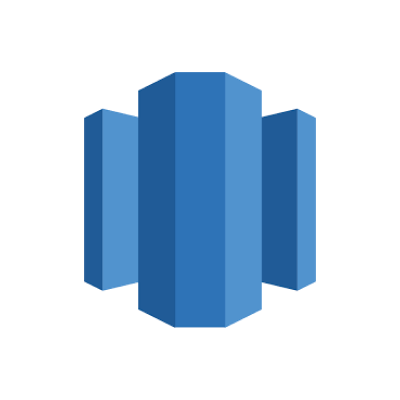Compare - Databricks VS Alation
Here’s the difference between Databricks and Alation. The comparison is based on pricing, deployment, business model, and other important factors.
About Databricks
Databricks provides a data lakehouse that unifies your data warehousing and AI use cases on a single platform. With Databricks, you can implement a common approach to data governance across all data types and assets, and execute all of your workloads across data engineering, data warehousing, data streaming, data science, and machine learning on a single copy of the data. Built on open source and open standards, with hundreds of active partnerships, Databricks easily integrates with your modern data stack. Additionally, Databricks uses an open standards approach to data sharing to eliminate ecosystem restrictions. Finally, Databricks provides a consistent data platform across clouds to reduce the friction of multicloud environments. Today, Databricks has over 7000 customers, including Amgen, Walmart, Disney, HSBC, Shell, Grab, and Instacart.
About Alation
Alation provides a data cataloging platform. It automatically builds a catalog of useful data documentation, covering all of the data sources, and allows users to collaborate and work on the data. It processes enterprise unstructured data by centralizing knowledge into a single place using machine learning and human analysts. The search can be made using keywords in plain English. Enables users to access relevant information (including experts, lineage, keys and indexes, relevant queries) and documentation on all tables, across the organization’s data sources. The clients include PepsiCo, Dow, Fox Networks, BMW and others.
Comparison Table
| Overview | ||
|---|---|---|
| Categories | Data Warehouses, Data Lakes | Data Discovery, Data Cataloging |
| Stage | Late Stage | Late Stage |
| Target Segment | Enterprise, Mid size | Enterprise, Mid size |
| Deployment | SaaS | SaaSOn Prem |
| Business Model | Commercial | Commercial |
| Pricing | Freemium, Contact Sales | Free trial |
| Location | San Francisco, US | California, US |
| Companies using it | ||
| Contact info |
Add to compare
